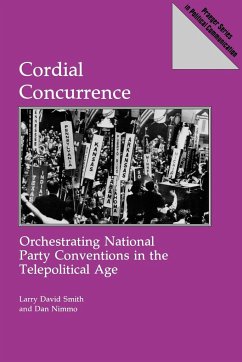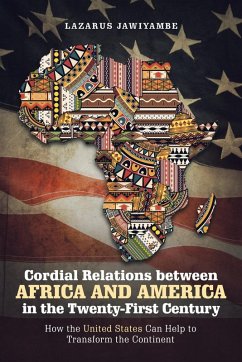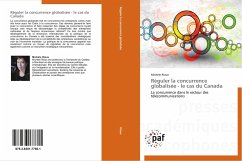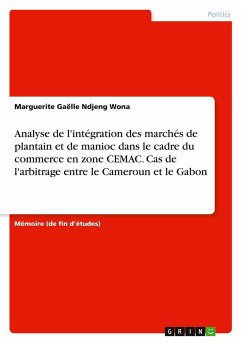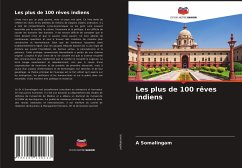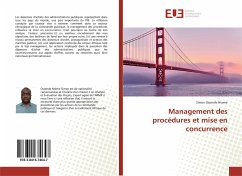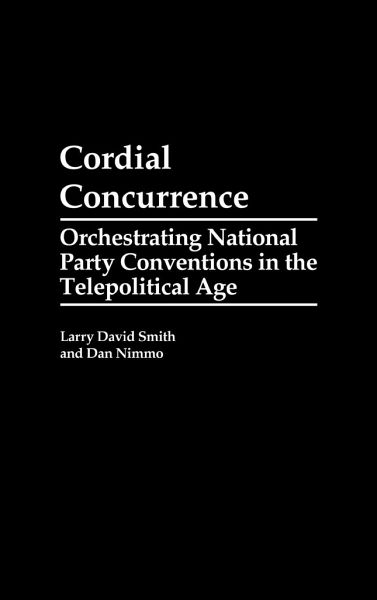
Cordial Concurrence
Orchestrating National Party Conventions in the Telepolitical Age

PAYBACK Punkte
45 °P sammeln!
This volume is a study of the orchestration of cordial concurrence at the quadrennial nominating conventions of the two major political parties. The phrase cordial concurrence pertains to a party's endorsement of a candidate at the national convention whose nomination occurred elsewhere. Since the candidate is the product of primaries and caucuses, the convention's primary function involves not the nomination of the party standard-bearer, but the mobilization of party resources in support of a decision rendered elsewhere. Smith and Nimmo oppose the view that national political conventions serv...
This volume is a study of the orchestration of cordial concurrence at the quadrennial nominating conventions of the two major political parties. The phrase cordial concurrence pertains to a party's endorsement of a candidate at the national convention whose nomination occurred elsewhere. Since the candidate is the product of primaries and caucuses, the convention's primary function involves not the nomination of the party standard-bearer, but the mobilization of party resources in support of a decision rendered elsewhere. Smith and Nimmo oppose the view that national political conventions serve no major purpose and are relics from the past. Instead, they explain that the conventions are products of institutional coordination and reflect the institutional qualities of American democracy. This definitive analysis examines how political party conventions mobilize resources through political, governmental, and media institutions in a telepolitical era. This volume discusses the history and background of cordial concurrence. It then explores what happens at the conventions and how the media, especially television coverage, has affected this institution. Finally, the authors examine the comments of the critics of national political conventions. This intriguing work will provide both educators and professionals interested in political communication with new insight as to how the conventions are a microcosm of all that is American politics.



